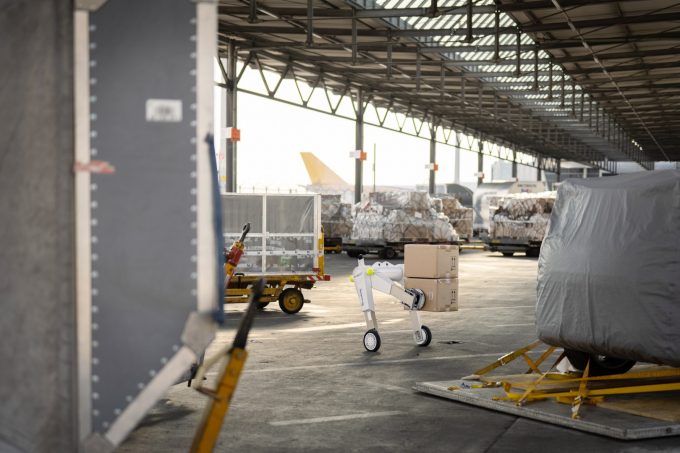Threat to airport operations as India revokes security clearance for handler Çelebi
Airport operations in India could face new challenges, after Çelebi Aviation, a part Turkish-owned ground ...

Automation is changing air cargo handling, a trend exacerbated by the shortage of a skilled workforce.
Since last month, the evoBOT robot has been performing test runs at Cargogate in Munich Airport and, according to the developers at the Fraunhofer Institute for Material Flow and Logistics ...

Comment on this article